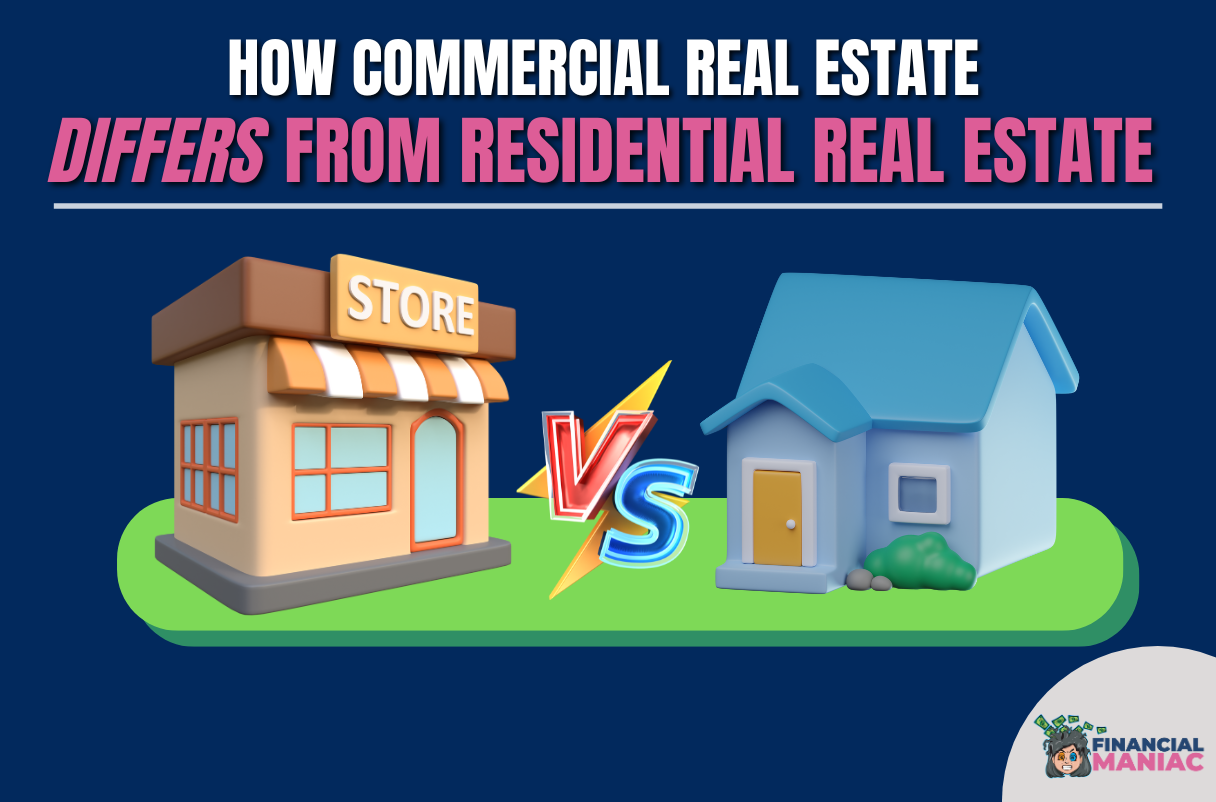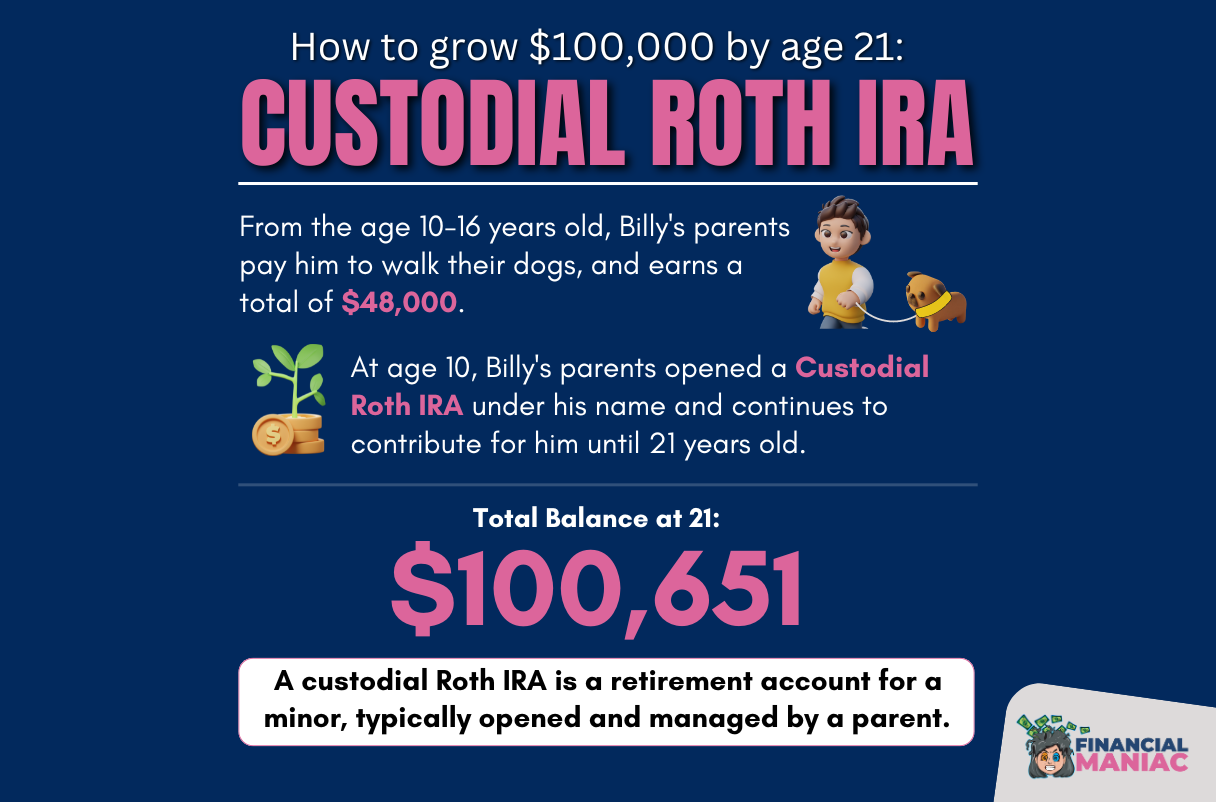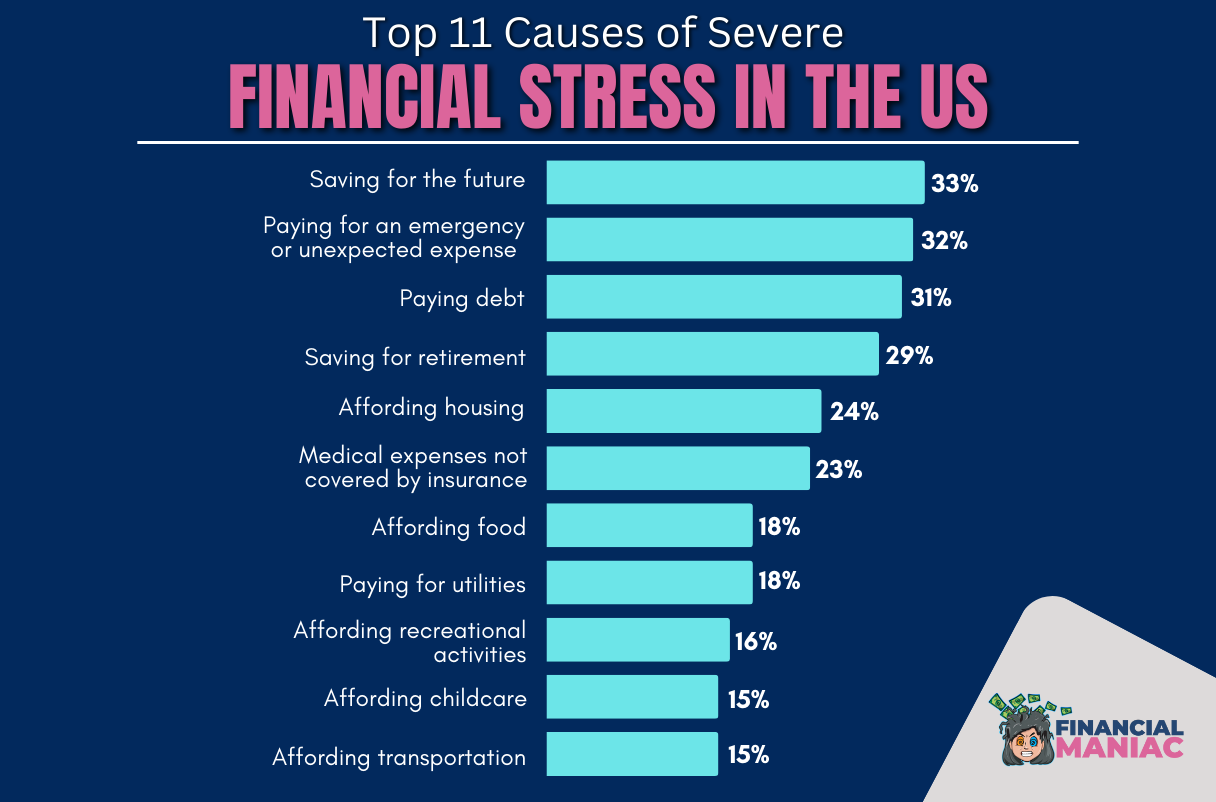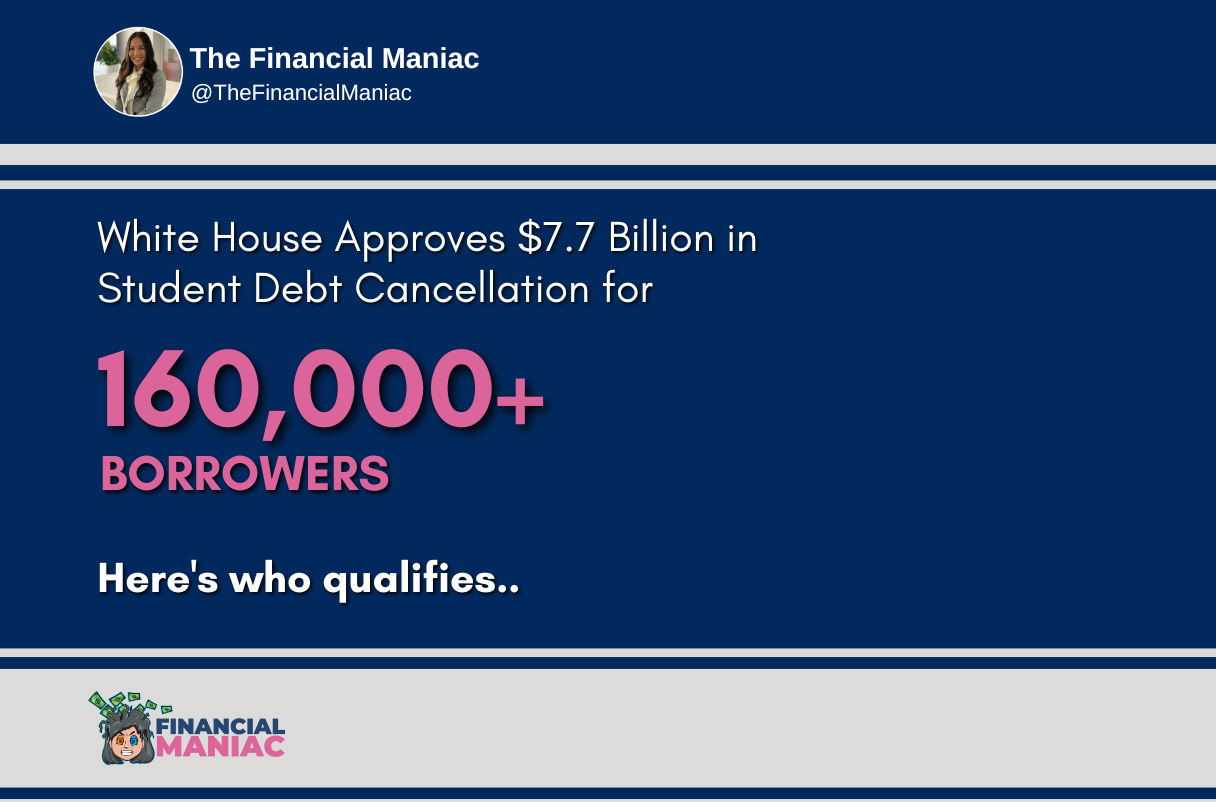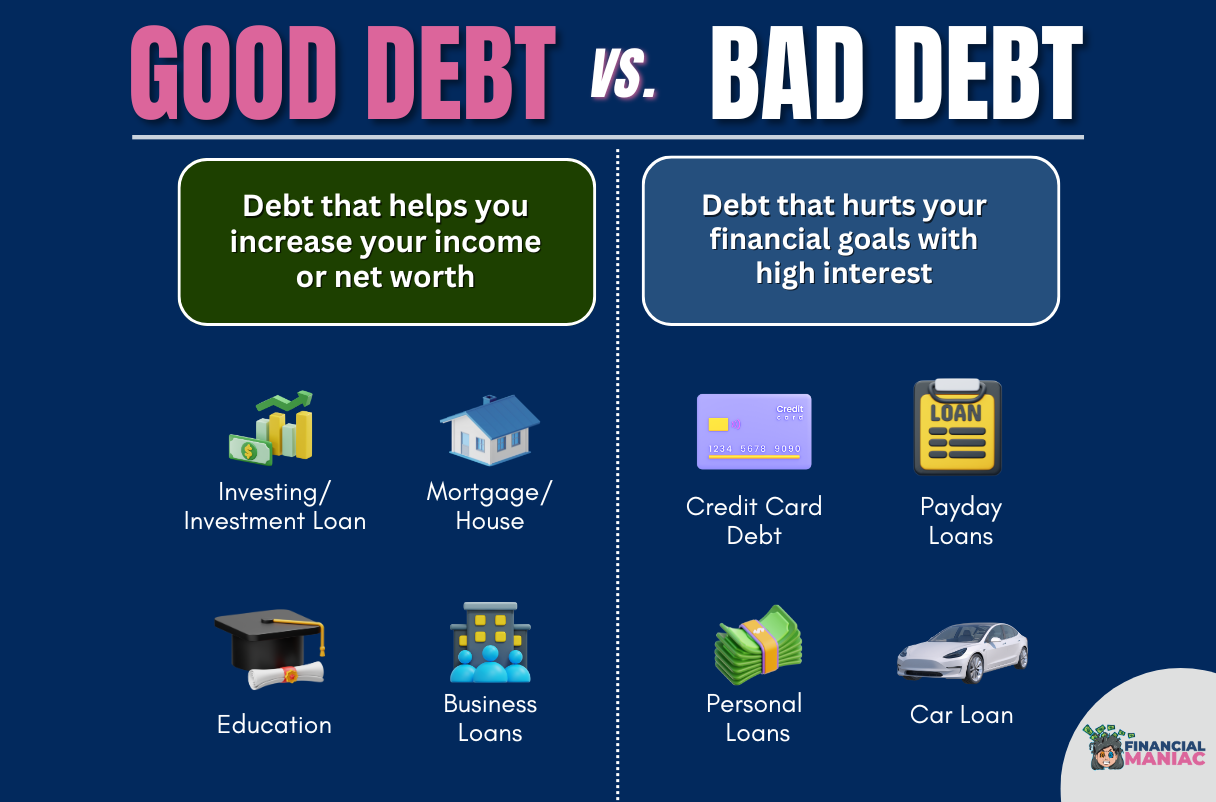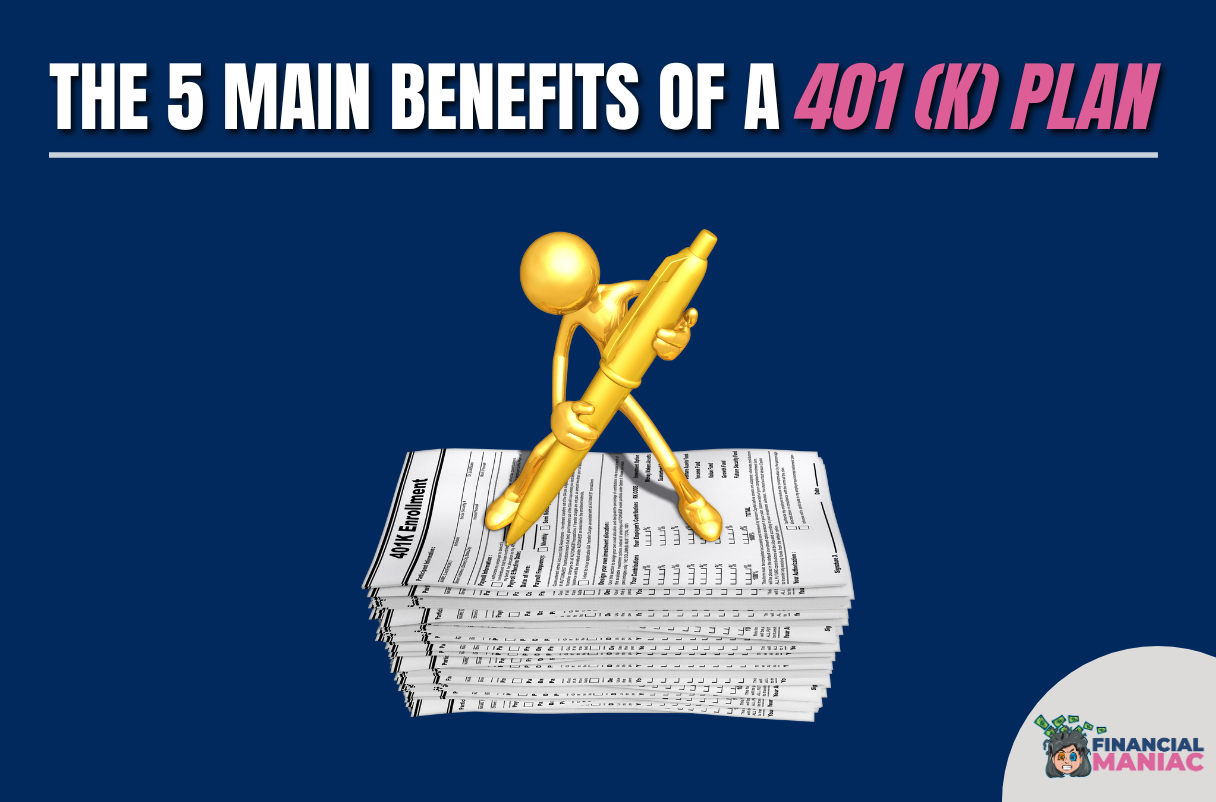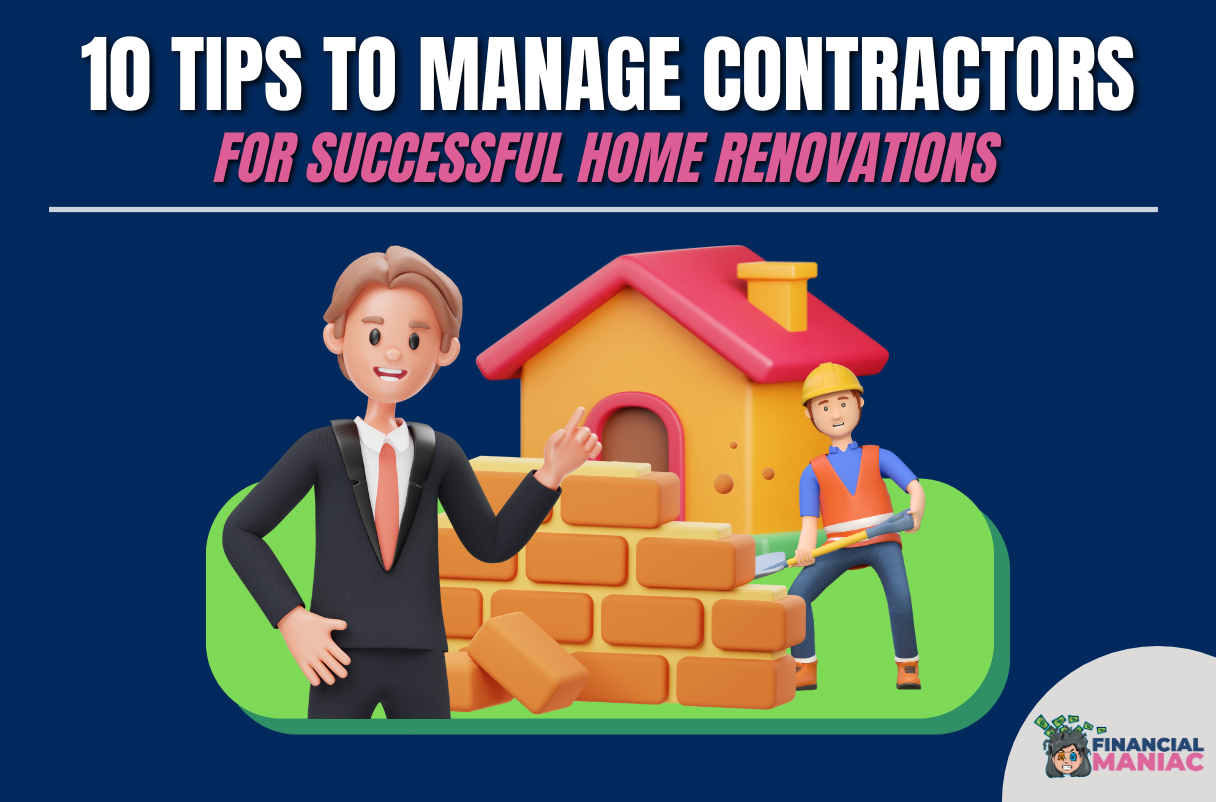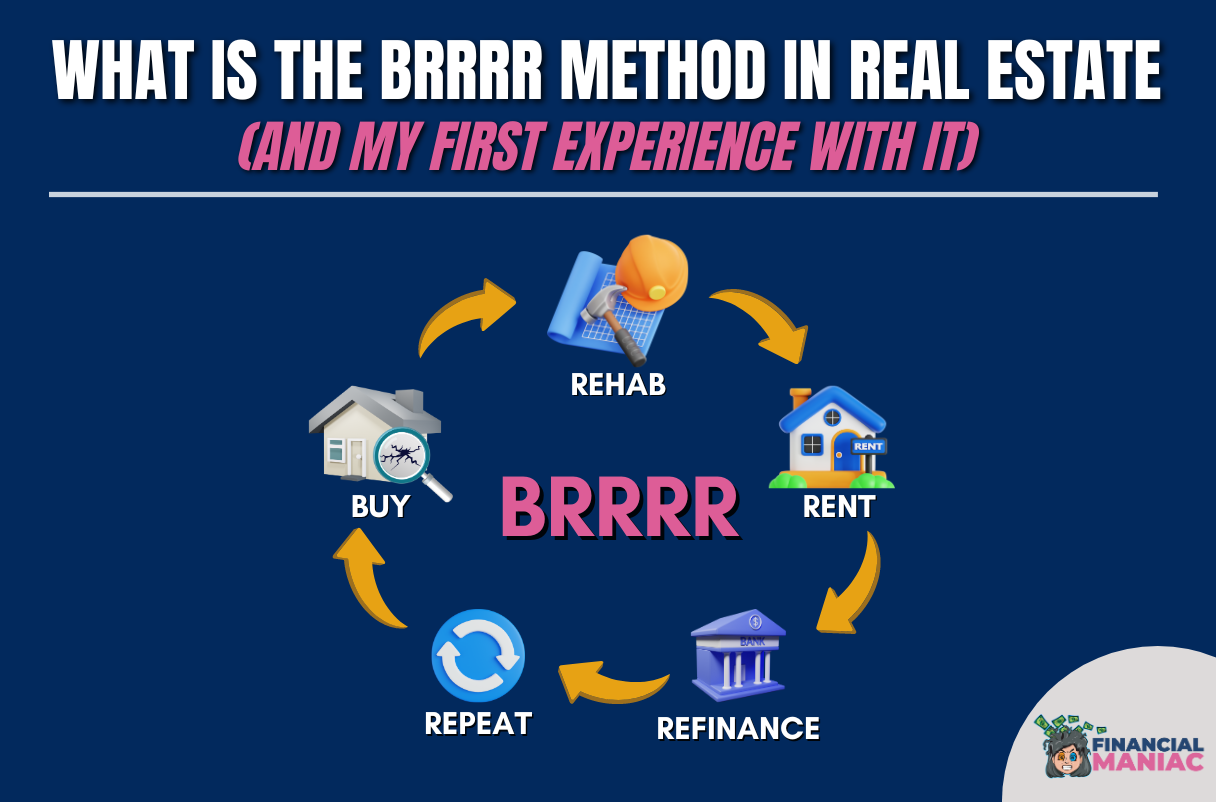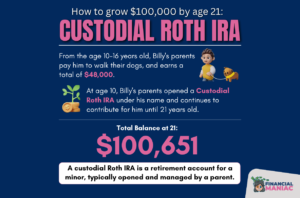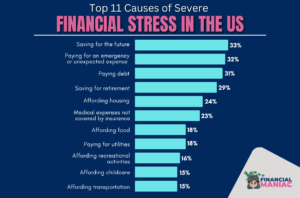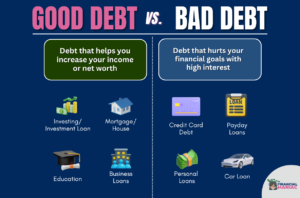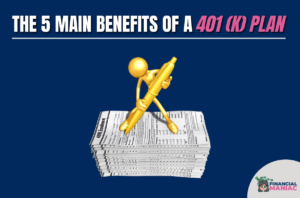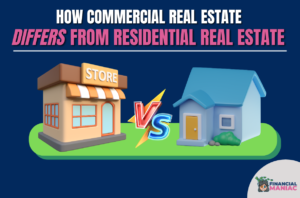Residential Real Estate

A residential real estate is defined as any complex that has 1-4 units. The units are strictly designed for living purposes. There are about five types of residential real estate properties. They include; single-family homes, condominiums, duplexes, triplexes, and quadruplexes.
Residential real estate also has its own challenges and benefits. I have compiled some of the pros and cons of investing in residential real estate to help you make a better decision when investing.
Pros of Residential Real Estate
1. Easy to Venture
Over the years, I’ve learned that there are more residential assets in the market for any investor interested in real estate than any other assets. In addition, residential real estate properties tend to be cheaper and more affordable than commercial.
Many loan programs help investors finance residential properties to their individual needs and qualifications.
Some of the programs I would recommend to any investors include:
- FHA loans
- VA Loan
- Fannie Mae, and Freddie Mac.
2. High Demand & Financial Benefits
Residential properties are always in high demand (people need roofs over their heads). With residential properties, many see financial benefits that far outweigh their initial investment.
Here are some of the financial benefits:
- Tax & Benefit Deduction
- Build Equity
- Low-Interest Rates
- Saving Money Over Time (Buying vs. Renting)
- Capital Gains Exclusion
Cons of Residential Real Estate
1. High Vacancy Rates
Because residential leases are for shorter terms, vacancy rates and turnover costs can be higher than expected. Tenants who rent for a short time may be less inclined to take care of their place and move more frequently. And when a renter vacates a single-family home, the vacancy rate is 100% until the house is re-rented.
2. Frequent maintenance costs reduce profitability.
Owning a residential property comes with frequent repair and maintenance costs.
You will need to have or save additional capital for any potential maintenance like plumbing fixtures, lawn care, etc.
Things wear out. From air conditioning units to toilets, routine maintenance is necessary when owning a residential property.
As a result, the profit margins of residential real estate properties can be slightly lower due to these ongoing issues.
Commercial Real Estate Market

Commercial real estate are properties built for business-related purposes and primarily provide working space.
Commercial real estate tends to award investors a much more comprehensive range of potential investments.
Commercial real estate is grouped into five asset types:
- Office
- Retail
- Industrial
- Multifamily
- Hospitality Sectors
Pros of Commercial Real Estate
1. Higher returns on Investment
Although investing in commercial real estate is a capital-intensive business, I can confidently say they have higher profit margins.
They are rented out at a higher rate compared to residential spaces.
Commercial properties typically have an annual return between 6% and 12% of the purchase price. But, of course, it depends on the area, current economy, and external factors (such as a pandemic).
That’s a much higher range than for single-family residential properties (1% to 4% at best).
2. Longer lease terms
Commercial lease agreements tend to be longer than residential leases. With a lease agreement of 3-5 years or more, you can get a reliable income source as a commercial investor.
Longer lease terms will also mean that you will experience fewer vacancy rates. When it comes to commercial real estate, most clients are businesses looking to establish a positive long-term professional relationship.
3. The property is kept in good shape
In most commercial leases, the tenant is responsible for the rented premises, including walls, floors, fixtures, and inclusions. The landlord can also require the tenant to repair and maintain the premises during the lease term.
It really depends on the agreement of both parties and what’s included in the lease.
In many cases, retail tenants who lease a commercial property will strive to maintain it in its best conditions to attract clients/customers.
4. It’s easier to access financing
Over the years, I’ve learned it’s easier to get a mortgage for commercial properties since the lender pegs the risk analysis on the proposed real estate project value rather than the borrower.
However, lenders tend to emphasize the borrower and guarantor’s risk levels for residential real estate properties when making their loan approvals.
Cons of Investing in Commercial real estate
1. Commercial real estate is capital intensive
There are fewer affordable commercial real estate properties on the market compared to residential. Therefore, when investing in commercial properties, having considerable capital is a must.
Unfortunately, commercial real estate is also dominated by prominent real estate players like REITs and crowdfunding gurus, so competing with them for investment opportunities can be quite difficult
2. More Volatile During Economic Downturns
During an economic decline, most likely business sectors, especially small businesses, often take the biggest hit.
For example, during the Great Recession, around 1.8 million small businesses reportedly failed.
So, when a business fails, so can commercial real estate since it’s very likely that they won’t be able to pay their rent.
Commercial Or Residential Real Estate?

If you’re looking to diversify your investments, it certainly isn’t a bad idea to have different types of real estate in your portfolio.
You could diversify by having mixed offices, industrial, single-family, etc., in different property classes.
I personally love investing in mixed-use buildings that allow me to have a business lease on the property and also be able to rent to long-term tenants. In addition, implementing this strategy will enable me to manage the economic risks(COVID-19 Pandemic, The Great Recession, etc.)
Knowing the pros and cons above, you can do both commercial and residential real estate as an investor.
I hope this helps, looking forward to joining you all in this journey to Financial Freedom & Education!

